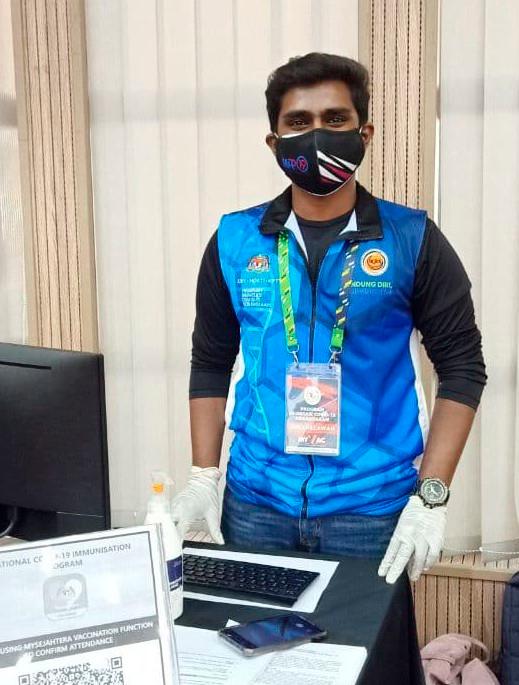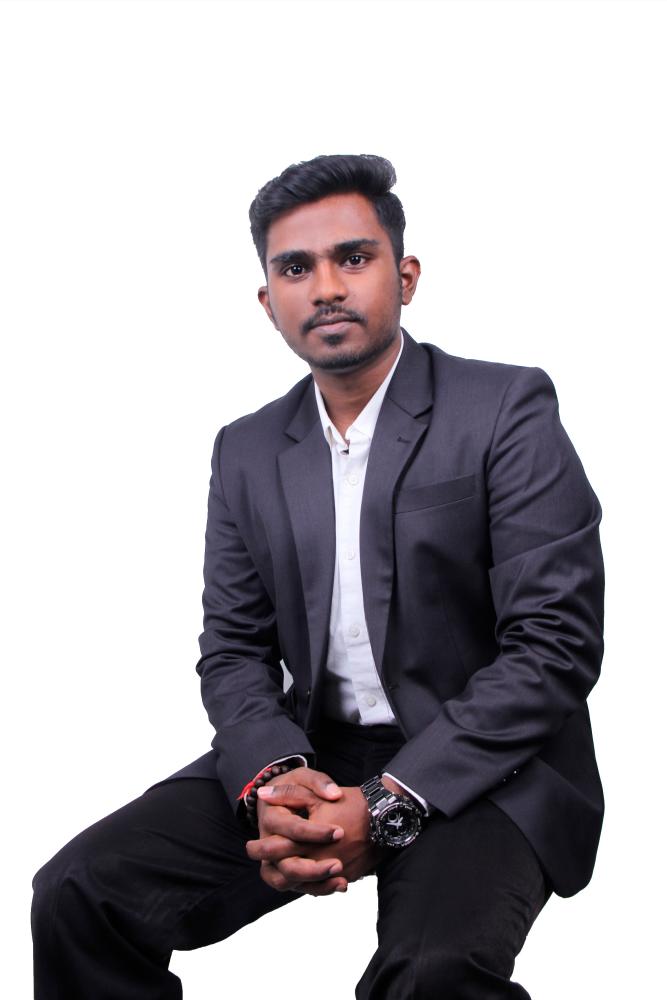EARLIER this year, 23-year-old Mogesh Sababathy was announced as a finalist for the 2021 Commonwealth Youth Awards. At the end of June, Mogesh became a recipient of the prestigious Diana Award. In between both, Mogesh received the Royal Education Award and Universiti Malaysia Terengganu’s (UMT) Dean’s Award.
The UMT marine biologist graduate’s achievements and undertakings are, to put it lightly, stacked.
Currently pursuing his PhD in molecular biology at Universiti Putra Malaysia, Mogesh’s academic direction has shifted toward stem cell research.
“I’m going to be using stem cells to see if there is hope to cure or at least look for solutions for people with lung disease. We’re also going to try and evaluate the safety and efficacy of stem cells in treating lung diseases,” he said.
Mogesh’s pursuit of stem cell research began a decade ago when his father had an accident, but the suggested stem cell therapy was beyond his family’s financial means.
In an interview with theSun, Mogesh also spoke about his other passion – the environment, particularly the ocean.

How did you love for marine biology begin?
Both my parents served in the Royal Malaysian Air Force, so I grew up in Labuan. Because it is an island, we can’t go anywhere. You pusing-pusing and will reach the same spot. So on weekends, we spent our time at the seaside.
What inspired me in the environmental route was seeing a lot of trash like diapers, beer bottles and food packaging piling up on the beach. Throughout the years, we saw real incidents of turtles eating plastic and how birds get choked by plastic bottle caps.
These little moments led me to get a marine biology degree.
What is Project Ocean Hope?
It was founded in 2017, with a group of undergraduate marine biology students. What we wanted to do was to translate what we learned in the classroom to the public, in the simplest terms possible.
Project Ocean Hope covers marine pollution, unsustainable fisheries and waste management, among other issues. We also created modules for school students, as the level of acceptance for environmental consciousness among people of different ages is different.
In our first year, we purposely selected a religious school, a pre-school, a common primary school and a private pre-school, because we wanted to see their acceptance. It allowed us to create a more flexible module for them to understand better.
Do you think the awareness and conservation efforts will be able to reverse the damage?
According to a report presented during the World Economic Forum, there is a particularly famous line that says by the year 2050, there will be more plastic than fish in the ocean.
So we not will be able to reverse the climate crisis, because climate change is not something that happens immediately. It occurs over a long period. What we are seeing now is the consequence of what our ancestors did decades ago.
What we are doing today won’t reverse what we are seeing today, but it is going to be for the betterment of the next generation in the future. It is also to maintain the natural resources we have at the moment.
What do you hope to achieve with your work in molecular biology and stem cells?
In the future, we are looking at leveraging stem cells-based therapy for patients with lung disease. This is considering that in the last decade, we have seen a huge increase of people with lung-related complications.
In the next decade, we are looking at a potential cure in repairing lung injuries, increasing survival rates and lowering healthcare costs of stem cell therapy.
Why is it important for young people to be involved in ocean conservation?
A lot of people think that the environment doesn’t affect them, until it happens. It’s important for us to tell them how they can play a part in ocean and environmental conservation. I tell people that it’s about them identifying what they really want to do, especially when we are talking about the ocean.
Young Malaysians make up a large majority of the population, which means they have the power to lead and steer the country in the right direction.









